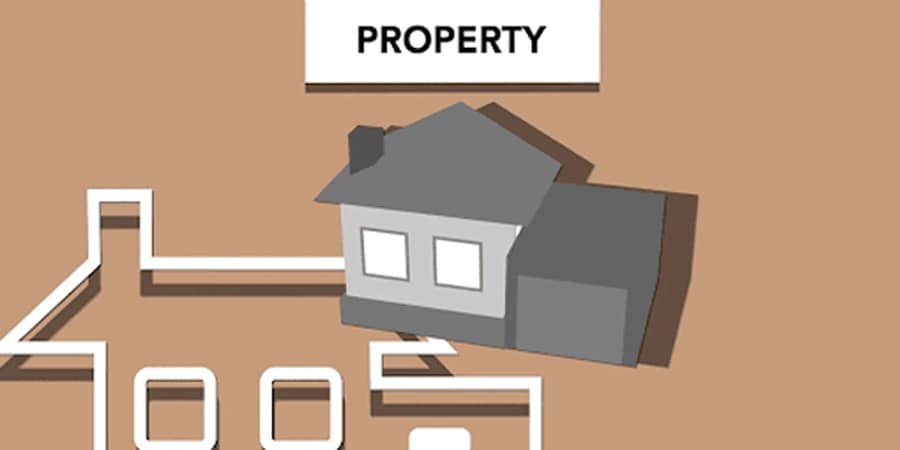
Purchasing a property is a long-term investment that can provide several benefits, including financial security and a stable living environment.
One of the primary worries for individuals considering purchasing property is the growth of their investment’s worth in the long term. The potential for appreciation in real estate value over time is a crucial concern for prospective buyers.
This is why it is essential to understand the factors contributing to property price appreciation. In this blog, we will discuss the top five factors that contribute to rising property values.
Location, Location, Location
The first and foremost factor that contributes to appreciation in real estate is location. Properties located in prime areas, such as near good schools, shopping centers, restaurants, and public transportation, tend to appreciate faster than those in less desirable locations.
Properties located in areas with low crime rates, good air quality, and a strong community also tend to appreciate more. A location that is highly accessible to essential amenities will always be in high demand, increasing property values.
Economic Growth
Economic growth is another critical factor that affects property prices. A strong economy usually results in increased job opportunities, which leads to an increase in population and demand for housing.
An influx of residents into a particular region often results in a heightened demand for housing, which, in turn, drives up property values. As the demand for homes increases, so does the market value of properties in the area.
A healthy economy can also lead to an increase in the standard of living, which increases the demand for better-quality homes.
Supply and Demand
The law of supply and demand plays a significant role in determining property prices. If the demand for housing is high but the supply is limited, prices are likely to increase. On the other hand, prices are likely to decrease if the housing supply is high but demand is low.
It’s essential to remember that the supply and demand for housing can vary depending on the location and the type of property. For example, demand for luxury properties may be lower in a down economy, but demand for affordable homes may increase.
Infrastructure and Development
Infrastructure and development projects can also have a significant impact on property prices.
For example, the construction of new highways, public transportation systems, or shopping centers can increase the demand for housing in the area, causing property values to appreciate.
In addition, the development of new housing projects can also lead to an increase in property values, as it can provide new options for potential buyers and increase the overall quality of life in the area.
Interest Rates
Finally, the movement of interest rates plays a crucial part in influencing property prices. When interest rates are low, obtaining a mortgage becomes more manageable for potential buyers, which boosts housing demand.
This surge in demand elevates property prices and contributes to their appreciation.
Conversely, when interest rates are high, acquiring a mortgage becomes more challenging, lowering demand for housing and decreasing property values.
The fluctuation of interest rates can significantly affect the real estate market and the affordability of homes for buyers, making it imperative to stay vigilant and consider how changes in interest rates may impact a property’s future worth.
So make a wise decision!
In conclusion, the value of a property is determined by several factors, including location, economic growth, supply and demand, infrastructure and development, and interest rates.
Understanding these factors is crucial for anyone looking to invest in real estate. Considering these factors, you can make a well-informed decision about the best property for you and your future financial goals.